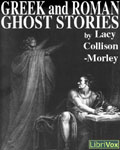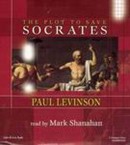
 The SFFaudio Podcast #132 – a complete and unabridged reading of Home Is The Hunter by Henry Kuttner and C.L. Moore, read by Pat Bottino. The audiobook is followed by a discussion of the story. Participants include Scott, Jesse, and Tamahome.
The SFFaudio Podcast #132 – a complete and unabridged reading of Home Is The Hunter by Henry Kuttner and C.L. Moore, read by Pat Bottino. The audiobook is followed by a discussion of the story. Participants include Scott, Jesse, and Tamahome.
Talked about on today’s show:
The July 1953 issue of Galaxy Science Fiction, Henry Kuttner, C.L. Moore, the questionable authorship, Worlds Of Wonder: Exploring The Craft Of Science Fiction edited by Robert Silverberg (aka Science Fiction 101), this is a really really really Science Fiction story (soft SF), sociology, psychology, politics, Scott didn’t like it (at first), Robert Silverberg’s essay Home Is The Hunter: The Triumph Of Honest Roger Bellamy, Central Park in New York, an alien mindset, philosophy, “why do you want things?”, the accumulation of things, “the ultimate gathering of stuff”, glass vs. plastic, immortality, “the Bellamy within”, caring about posterity, “victory over self”, rejecting the premise, Hunters are trained from the age of six, television, “the most powerful man in New York”, boxing’s ranking system, being Honest Roger Bellamy is akin to being Brad Pitt, “incentives change constantly”, “not in this age of science”, populi, “a post scarcity society”, sometimes he wears a hare shirt, “women weaken knees”, fratricide, A.E. Housman’s Home Is The Sailor, Robert Louis Stevenson’s Requiem, home is death, compare it to Philip K. Dick, “plenty deep”, the loss of love (in favour of discipline and obedience), girls were turned out into the populi, ancient history, Ancient Rome, Sparta (had a Spartan lifestyle), the Agogae system, Crypteia (secret society/secret police), Helots, Frank Miller’s 300, is Roger Bellamy crazy?, why did the Spartan’s live as they did? the Peloponnese, the Persian Empire, their culture, the Protestant work ethic, “idle hands”, his self esteem is tied to the number of heads he holds, if you could have anything…, “I want a machine that can make me money”, after you collect everything you want what is left to want?, a “status” society, a trustworthy criminal in a world without material want, is Roger Bellamy happy? Has he triumphed?, happiness is “the exercise of vital powers, through lines of excellence, in a life affording them scope.”, workaholics, Steve Jobs, satisfaction vs. happiness, why the death of a young person is a tragedy, “I did not really want to kill”, brainwashing vs. culture, what makes you rich is the number of heads you hold, “I have more points than you”, “most kills badge”, turning the infinitely reproducible into scarcity (grinding), “there’s no deeper explanation”, gold farming, Cory Doctorow’s For The Win, Occupy Earth, hunting for friends on facebook, the ultimate in keeping up with the Joneses, the shrinking (but still comfortable) middle class, the great depression, the great machine is society, “we have all the high fructose corn syrup we need.”
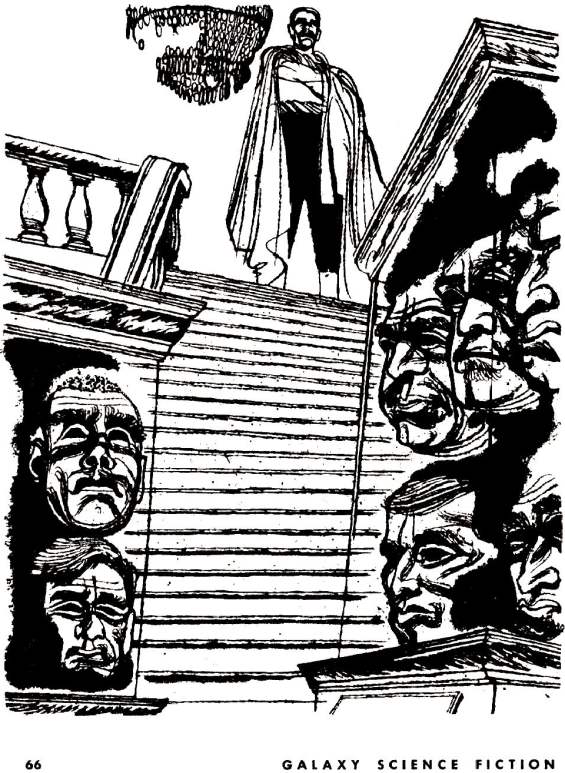
Posted by Jesse Willis

 The SFFaudio Podcast #151 – Scott, Jesse, and Julie Davis talk, in the second of a six part series, about the books V, VI, VII and VIII of The Odyssey.
The SFFaudio Podcast #151 – Scott, Jesse, and Julie Davis talk, in the second of a six part series, about the books V, VI, VII and VIII of The Odyssey.
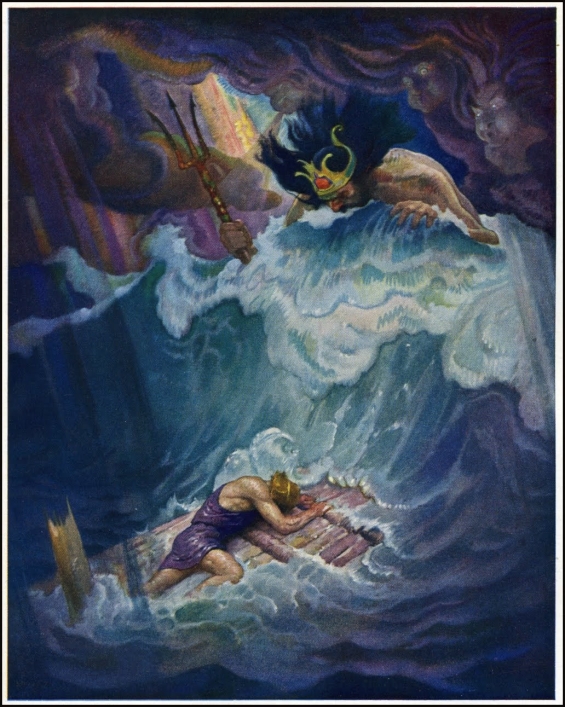
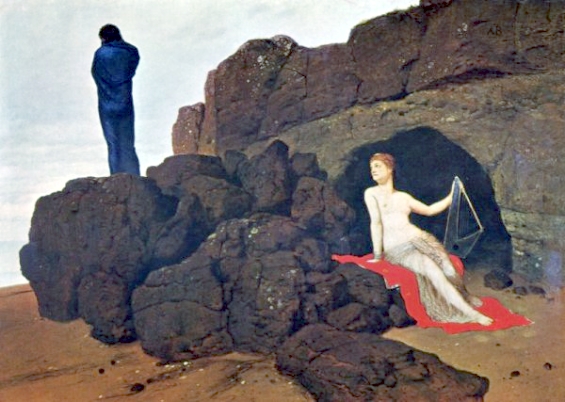

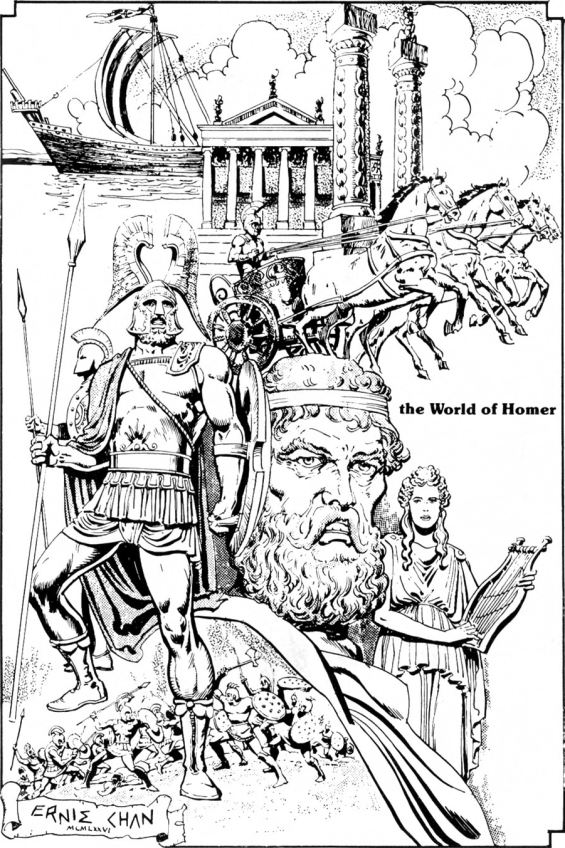


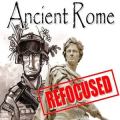
 Looking for a bit of background on ancient ghost stories? Here’s the introduction to a 1912 scholarly work (full of footnotes) that was recently turned into an audiobook:
Looking for a bit of background on ancient ghost stories? Here’s the introduction to a 1912 scholarly work (full of footnotes) that was recently turned into an audiobook: